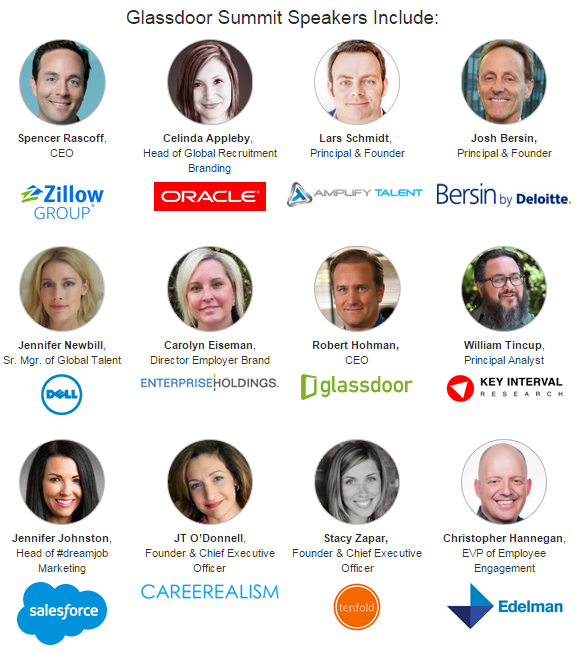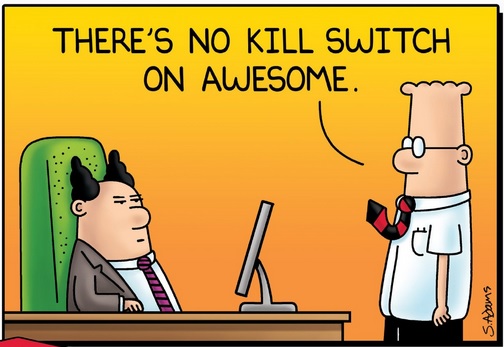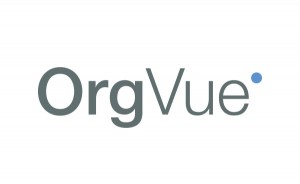It’s Spring Break in Michigan, so I’m going to step away from the daily grind and throw some Reruns at you! You guys remember Rerun, from What’s Happening? (look it up, kids!) So, enjoy the Reruns, they’re some of my favorites!
Originally ran May 2013 –
A while back I interviewed a lady that would make a great recruiter. She was high energy, great on the phone, could source and an HR degree. She applied for the job we had open for a recruiter and 100% positive she would have accepted the position if I would have offered it. I didn’t.
She wasn’t a ‘fit’. The job she truly wanted, her ‘dream’ job, was in straight HR, not recruiting. She was willing to recruit – she really didn’t want to recruit. We walked away from a terrific candidate.
Poor job fit is the #1 reason most people fail at a job.
Organizations spend so much time and resources ensuring they’re hiring the right skills, but most totally fail when it comes to organization and job fit. Don’t get me wrong, it’s not easy to determine organizational fit. Sure you can design an assessment, do peer interviewing, etc. But it always seems like a moving target, and it is. Job fit also has multiple components:
1. The job you have open.
2. The company culture.
3. The job the candidate actually wants to do.
4. The job the candidate is willing to do and how good of an actor they are to prove to you that is the real job they want.
5. Your inability to see your perception of the candidate and their perception of themselves doesn’t align.
How many of you have ‘Poor Job Fit’ as a reason for termination on your exit interview form?
My guess is almost none. Most managers and HR pros will list things like: performance, personality conflict, attitude, low skill set, personal reasons, schedule, etc. We don’t want to use something like “Poor Job Fit” because what that says is “We suck at our jobs!”
The reality is – probably 75% of your terminations are because of poor job fit. You hired someone with the skills you wanted, but the job you have doesn’t use or need most of those skills. The job you have doesn’t meet the expectation you sold to the candidate. The job you have isn’t really the job the person wants.
Most organizations would be farther off to hire by fit, than by skills. True statement. HR pros hate to hear that – because it discounts a lot of what we do. Job fit is the key to retention – not skills. Find someone who wants to be a recruiter – and they probably
HR pros hate to hear that – because it discounts a lot of what we do. Job fit is the key to retention – not skills. Find someone who wants to be a recruiter – and they probably be a decent recruiter. Find someone with great skills who doesn’t want to be a recruiter – and they’ll be a terrible recruiter.
In almost every occupation where you don’t need professional certifications (doctor, lawyer, CPA, etc.) this holds true. I know a great Accountant who never went to accounting school – better than anyone I’ve met you graduated from accounting school. Some of the best teachers – never went to college to become a teacher – but they love teaching.
Do one thing for me the next time you interview a candidate for a job – ask them this one question:
“If you could have any job, in any location, what job would you select? Why?”
Their answer doesn’t have to be the job they’re interviewing for to be the ‘right’ answer. Their answer should be in line with what you’re asking them to do – or you’re going to have a bad fit – and either you will eventually be terminating them, or they will eventually be resigning.



 orkforce Planning together in a single product. Gartner named them the ‘Cool’ product of 2014, and ‘Cool’ is an understatement!
orkforce Planning together in a single product. Gartner named them the ‘Cool’ product of 2014, and ‘Cool’ is an understatement!